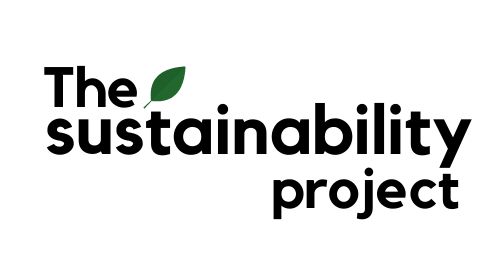“Make sure to pick the best-looking apple, all right?”
“If it’s bruised, it’s probably rotten on the inside!”
“It has spots so it must be bad…”
Are these phrases familiar to you? Since young, we were taught that the best indicator of quality while picking fruits and vegetables is their external appearance.
Our mothers told us to avoid apples that had a dent in them. Fathers told us to stay far away from oddly-shaped carrots. Grandparents told us to throw out spotted mangoes.
But what we weren’t told was that these blemishes are purely on the surface. Ugly food meant just that – ugly on the outside, but perfectly edible, nutritious and tasty on the inside.
As a result, this habit we picked up has developed into a bias that has become second nature when it comes to grocery shopping and consuming food. We shy away from bruised produce at the supermarket and are quick to toss out any vegetable that looks less fresh.
In a survey conducted among 243 Singaporeans aged 20 to 59 by the Food Unfiltered campaign, it was found that 68.1% of respondents were unwilling to purchase ugly food and 40.7% of respondents were unable to look past slight external flaws and consume ugly food.
A greater cause for concern? It was found that even though 93.7% of respondents indicated they were environmentally conscious, almost two in five of them indicated they would continue to refuse ugly food — even after learning that doing so would help to reduce food waste.
Prejudice Impact on Ugly Food
Unfortunately, this prejudice we hold has contributed greatly to the issue of cosmetic filtering — the discarding of food that does not meet perceived or market standards.
It not only occurs on the consumer level but has also has led retailers and suppliers to reject them from their stores. As Ugly food is deemed unfit for sale, both retailers and suppliers would rather discard them than waste resources to transport and store them appropriately.
With this understanding, it is no surprise that 46% of all food produced globally does not make it from farm to fork due to imperfect appearances.
We hold misconceptions about it — that they’re less fresh, less nutritious, less tasty and even pose health risks. But this is what we assume of them, solely due to their imperfect appearances. If we open up to ugly good, we can discover the inner good.
We know it’s hard to change our habits, but here are three easy ways to change your perceptions of ugly food and learn to love them:
Know the facts behind ugly food and their impact on the environment
It is simply any food that is perfectly edible but appears unappealing because they are odd-shaped, discoloured or slightly blemished. They are subjected to cosmetic filtering at every point of the supply chain and even worse, improper handling by consumer (yes, people like me and you!) is a common occurrence that renders the food unfit for sale.
Give ugly food a chance
Ugly food might be off-putting at first glance. But, if you pick and cut them open, you’ll discover that they’re no different on the inside from their perfect-looking counterparts. You’ll find that they are equally tasty and just as fresh as perfect-looking food.
Don’t believe us? Check out our mini-series, Ugly Food: Fact Checked, to hear a nutritionist debunk myths about ugly food. At the core, we eat to get the nutrients we need to maintain our health and feel good. Ugly food does that just as well!
Transform
Surface blemishes can easily be removed by slicing off a bruised portion or removing discoloured skin.
If we are using ugly food in meal preparation, skinning and slicing are common practices. Spotted fruits such as bananas can be used in baking and juicing instead. These spots actually indicate higher sugar content, which replaces the use of artificial sweeteners.
The bruised portion of vegetables can be cut off and the rest of the it puréed into soups.
At the end of the day, we only see what’s on our plate and not the raw ingredient. Challenge yourself to transform ugly food into something that’s beautiful when presented on the plate.
About Food Unfiltered

Food Unfiltered is an initiative that celebrates ugly food. Led by four final-year students from NTU’s Wee Kim Wee School of Communication and Information, it strives to reduce food waste by embracing the natural goodness of food, regardless of their external appearances.
For more information, please visit their Facebook Page and Instagram!
This is an article written by Yasira Yusoff from Food Unfiltered and edited by The Sustainability Project about Ugly Food

